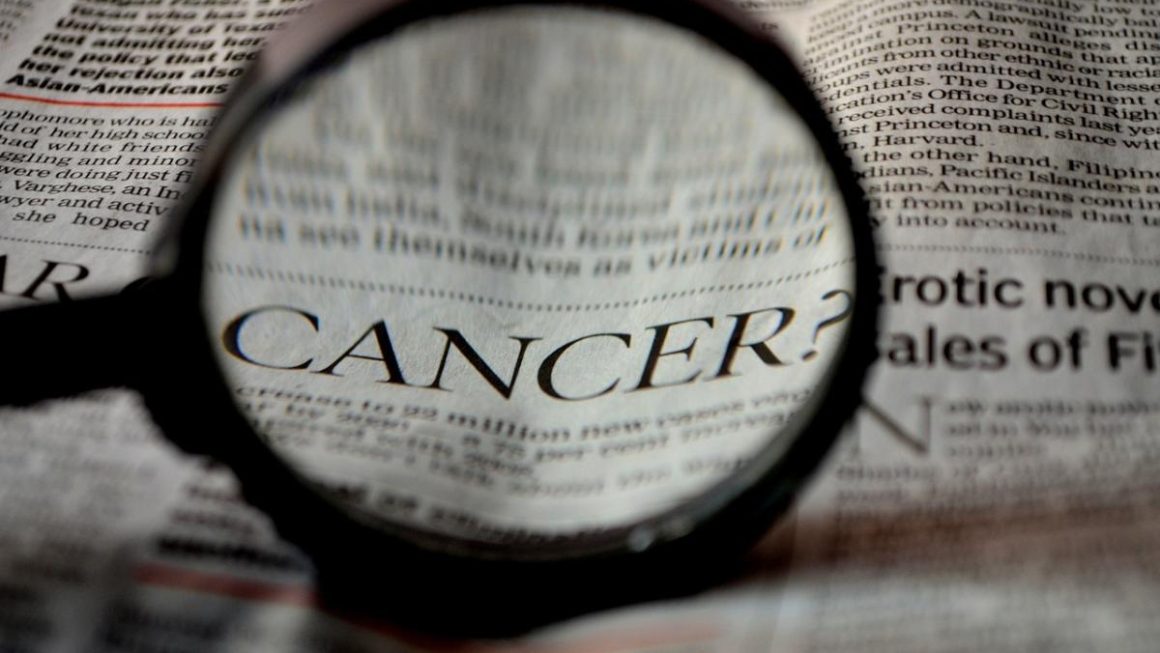Dual diagnosis is a complex mental health condition in which two or more diagnoses occur concurrently. These conditions can be substance abuse and addiction, alongside an underlying mental illness or disorder such as depression, anxiety, or bipolar disorder.
Dual diagnosis can be a complex and challenging situation. But with the proper support, treatment, and self-care, it’s possible to manage both conditions and live a fulfilling life. It’s necessary to seek professional help and develop a thorough treatment plan to address both situations. Staying connected with supportive loved ones, practicing self-care, and avoiding substance abuse can also play a role in successful coping with dual diagnosis. So, if you wish to learn how to cope with dual diagnosis, read on.
-
Seek Professional Help
With the advent of dual diagnosis, many individuals feeling the brunt of addiction and mental illness have found themselves lost in a haze. Fortunately, reaching out for help is easier than ever before.
The best way to cope with dual diagnosis is to seek professional help specializing in addiction and mental illness. For example, centers offer comprehensive dual diagnosis care, which includes different levels of intensive individual and group therapy sessions to address the underlying issues at play.
Continued diagnosis and management of symptoms are essential for successful treatment for dual diagnosis. Plus, with proper care, many can enjoy a lifetime of sobriety and improved mental health. Sites like https://www.jacksonhouserehab.com/treatment/substance-abuse-mental-illness/ provide information regarding the different types of dual diagnosis treatment options available. This way, those struggling can start their journey toward lasting recovery with a safe and sound footing.
-
Appreciate The Value Of Psychotherapeutic Medications

Psychotherapeutic medications can be critical in treating mental health and substance abuse conditions in people with dual diagnosis. Antidepressants, mood stabilizers, and antipsychotics can help manage symptoms of mental health conditions. At the same time, medication-assisted treatment (MAT) can help with substance abuse issues. These medications and therapies can help reduce symptoms, minimize negative behavior or thoughts, and allow individuals to feel comfortable in their skin once again.
However, speaking with a doctor or professional about the correct type of medication is necessary. You also need to be aware that finding the best combination may take some time. Remember that drugs may have side effects and must be adjusted over time. For this reason, you want to regularly monitor their effectiveness and communicate any concerns with your healthcare provider.
During this time, you need to remember the long-term goals of treatment. While medications may mask a person’s symptoms, therapy works toward addressing underlying issues and working on how best to manage them.
Considering all of this, one cannot deny how effective medication can be in helping individuals cope with dual diagnosis. Psychotherapy, lifestyle changes, and alternative treatments can also complement psychotherapeutic medications in treating dual diagnosis.
-
Manage Stress And Emotions
Managing stress and emotions can be one of the most difficult challenges for those dealing with a dual diagnosis. Developing coping skills and mechanisms is necessary for long-term management. Take time to relax and practice self-care to help reduce anxiety and fatigue. Both are common among those with mental health conditions and substance abuse issues.
Taking proactive steps such as deep breathing exercises or progressive muscle relaxation techniques can help keep your symptoms in check while managing day-to-day stressors. Moreover, it’s crucial to find activities that give you joy. It doesn’t matter if you chose exercise, fitness, socializing with friends and family, or engaging in creative pursuits. The most important thing is that these activities can be helpful ways to relieve tension and boost your mood. Ultimately, self-care is critical when coping with a dual diagnosis and finding ways to stay resilient during hard times.
-
Reach Out And Connect With Others
The stigma of mental health and addiction can be a major barrier to feeling connected. However, talking openly about your feelings with family members and close friends can help you process your thoughts and gain support from those who care about you.
Joining a support group for those with dual diagnosis is another excellent way to feel more connected. It provides an opportunity to share experiences without fear of judgment. Additionally, finding caring professionals such as therapists or counselors specializing in treating co-occurring disorders can help you manage each condition separately while developing healthy coping skills.
-
Develop Healthy Lifestyle Habits
Coping with a dual diagnosis can be challenging, but certain lifestyle practices may help ease symptoms. Healthy changes such as regular exercise, proper nutrition, and quality rest can promote physical and mental well-being.
Avoiding substances such as tobacco, alcohol, and recreational drugs also helps to minimize the symptoms of both conditions. Additionally, managing social time in moderation and maintaining open communication with friends and family can provide much-needed support during difficult times.
-
Consider Inclusive Treatment Strategies
One of the key coping strategies for dual diagnosis is finding comprehensive treatment that addresses both mental health and addiction. A critical part of recovery is treating both disorders simultaneously in an integrated manner. To ensure you get this type of treatment, individuals should research potential providers to ensure they have worked with dual diagnosis patients before and have experience in simultaneously treating the symptoms associated with both disorders.
An inclusive treatment plan may include a combination of medication, therapy, and lifestyle changes. Some examples of therapeutic approaches that may be used in treating dual diagnosis include cognitive behavioral therapy (CBT), dialectical behavior therapy (DBT), and harm reduction therapy.
Still, an individual’s unique needs and circumstances, such as cultural background, personal values, and living situation, should be considered when developing a treatment plan. A mental health professional with expertise in dual diagnosis can help you identify the most effective and inclusive treatment strategies.
Look into what type of support systems the facility offers, such as family counseling and online support groups, to ensure individualized care and resources are available throughout the recovery journey.
-
Avoid Drugs And Alcohol
When dealing with dual diagnosis, one of the most critical steps is staying away from drugs and alcohol. These substances can interfere with proper treatment and increase the chances of relapse. It’s also possible that addiction could cause further psychological trauma or health problems. You need to have a plan to avoid triggers and temptations to use drugs or alcohol. This may include:
- Staying away from environments and people associated with substance abuse
- Building a support network of people who encourage sobriety
- Engaging in alternative activities and hobbies to replace substance use
- Practicing self-care and stress management techniques
- Seeking additional support through counseling or support groups
Suppose a person feels overwhelmed by their dual diagnosis. In that case, they should focus on finding healthier ways to cope, such as exercising, engaging in creative activities like drawing or writing, or even talking to a trusted friend or family member. Although it can be difficult at first, avoiding drugs and alcohol is essential for a successful recovery.
-
Stay Informed
Staying informed on changes and developments regarding dual diagnosis treatment is a critical element of coping. Sources such as health professionals, support groups, online fora, and other reliable resources are all great ways to stay abreast of new techniques and best practices so that you can have accuracy and clarity in your approach to coping.
Furthermore, staying updated on the news about inspiring advancements and any potential obstacles that can complicate your path forward is necessary. Regardless of the information being accessed, keeping up-to-date with relevant data will offer you peace of mind throughout your journey.
Final Words
As mentioned earlier, you’re not alone in this journey. Asking for help when needed is vital to manage your dual diagnosis successfully. Various resources are available, including support groups and professional services that can help you understand your challenges and provide long-term management strategies. With patience, consistency, and persistence, it’s possible to gain control over your mental health condition and lead a balanced life.




